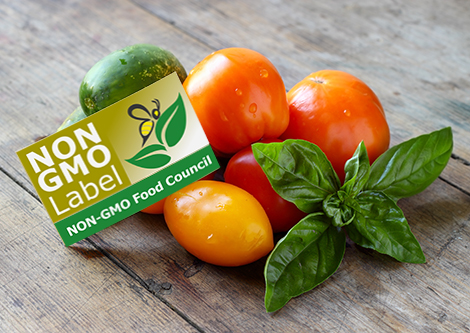While there are concerns with any type of genetic modification, the latter form is generally seen as a safer practice. However, the potential benefits of the application are practically limitless, so it is imperative to know all the facts about GMOs before making a decision.
-artilari-ve-eksileri.jpg)
Pros of GMO
- GMO treatments can be used to produce “designer” crops that have more nutrients, grow faster and yield higher yields, are more resistant to pesticides and use less fertilizers.
- Artificially inserting DNA from one species into another could save years of research. Anticipating the unpredictable nature of traditional breeding methods can take decades to achieve the necessary balance; such a goal can be achieved instantly with GMO.
- GMO experiments can be used to manipulate animal (and theoretically human) cells to be healthier or desirable.
- GMOs have been around for almost 20 years, so health concerns about them should have arisen by now.
- Change (and especially unnatural change) can be good. For example, cleaning and cooking our meals may not be natural, but it is beneficial.
Cons of GMO
- Studies have shown that genetically modified corn and soy given to mice have a higher risk of developing liver and kidney problems. These health risks may not be transferable to humans, but they illustrate the unpredictable nature of GMOs on living things.
- GMOs are not always extensively tested. The shortest GMO testing periods are just 90 days, and many fear it is not enough to detect all the risks.
- Transgenic modification produces species of organisms that would never occur naturally, making them highly unpredictable.
- GMOs can affect allergy sufferers in unpredictable ways.
- While GMOs have been developed to reduce the amount of pesticides used, this is not always the case. As weeds and bacteria become resistant to pesticides, farmers use more safely, knowing that the crop will not be affected.
- GMO products are often not clearly labeled, which means that people do not have the option to decide whether they want to consume GMO products.
- GMO testing often involves conducting experiments on animals that some people consider a violation of animal rights.
Do not hesitate to contact our expert team to get detailed information about the GMO Free and NON GMO label and certification, or to apply for certification.
-artilari-ve-eksileri.jpg)
